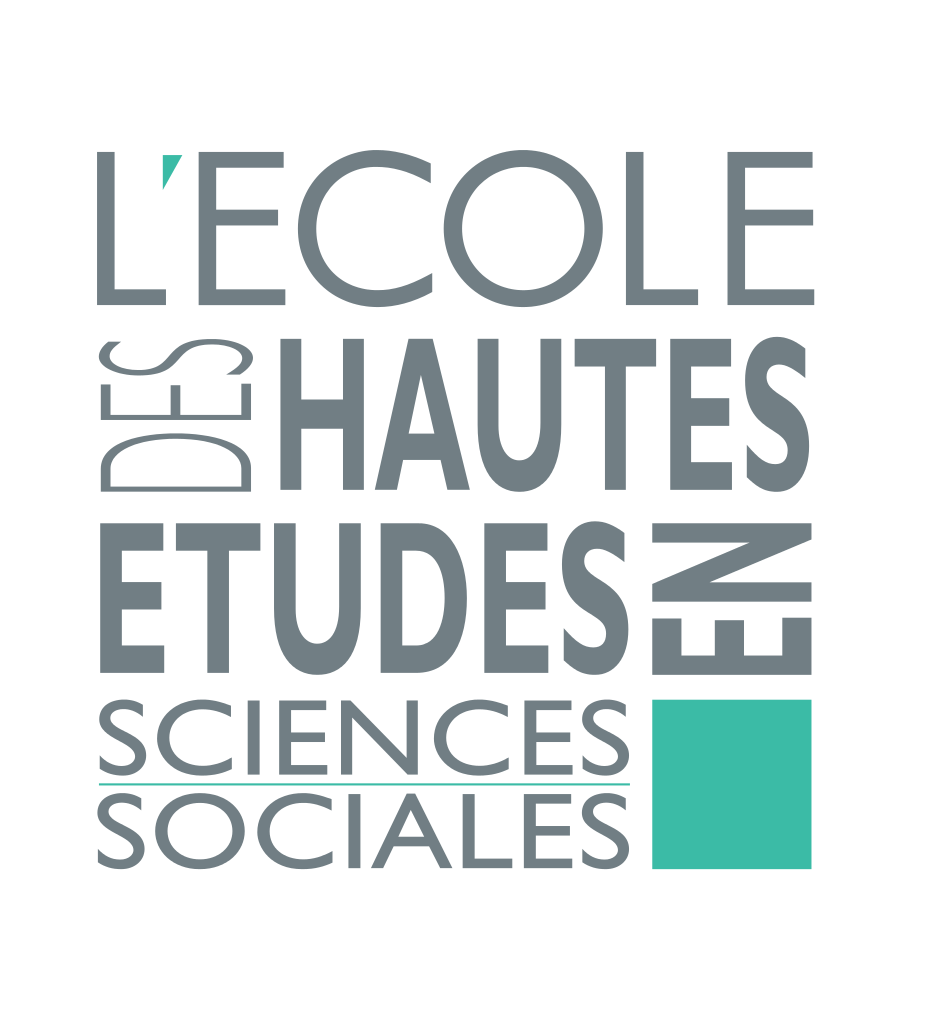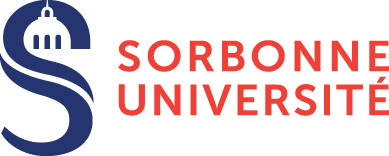Le projet MICA rassemble une équipe pluridisciplinaire, à la croisée de la musicologie, de la philosophie et des sciences cognitives. Son objectif est, premièrement, de développer une nouvelle série de méthodes pour l’analyse des pratiques d’improvisation ; et, deuxièmement, d’utiliser les situations d’improvisation collective libre comme une sorte de «laboratoire» permettant de poser des questions d’ordre général sur l’action conjointe.
Dans un premier temps, l’équipe du projet MICA collectera des descriptions denses et précises d’actions collectivement improvisées et des processus de coordination à l’œuvre dans ce type d’action à la fois complexe et spontanée à travers plusieurs enquêtes ethnographiques longitudinales auprès de différents collectifs d’improvisateurs. L’étude croisée de ces différents terrains permettra d’observer comment le mode opératoire de la création collective se modifie lorsque les conditions de la coordination entre les musiciens varient.
Ce travail ethnographique fournira les bases qui nous permettront de renouveler en profondeur les questions expérimentales traditionnellement posées au sujet de l’action conjointe, en abordant la question de la coordination émergente autrement que par le paradigme de la synchronisation. Il s’agira donc dans un deuxième temps de mettre en place une série de protocoles expérimentaux, inscrits dans la psychologie expérimentale et la cognition sociale, qui auront pour objectif de mettre en lumière certains aspects fondamentaux de l’interaction dyadique improvisée.
Enfin, il s’agira de proposer un travail d’élaboration conceptuelle en confrontant aux cas des actions conjointes improvisées les notions de coordination et de planification telles qu’elles sont généralement définies au sein des théories philosophiques et psychologiques de l’action conjointe. Ainsi, ce sont toutes ces actions collectives à la fois créatives et spontanées – qui occupent une place si centrale dans nos vies – que nous tenterons d’éclairer d’un jour nouveau.
Équipes Ircam : Analyse des pratiques musicales, Perception et design sonores, Interaction son musique mouvement










